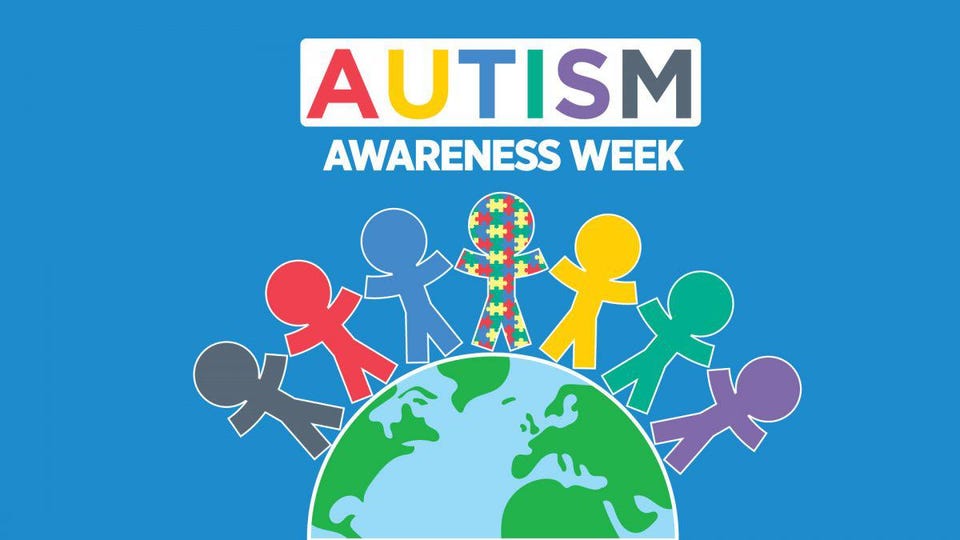Autism can be defined as an abnormal absorption of the self, which is marked by communication disorders and short attention spans and an inability to treat others as people. It drastically affects a person’s behaviour with others as well as with self. The person suffering from autism is unable to relate to the world or comprehend it. An autistic often suffers from learning disabilities. Research shows that autism has increased as much as ten times over the last decade. Many types of research have been carried out by psychologists and researchers to understand how an autistic’s mind functions and what is the wiring in the brain like.
Causes and symptoms of autism:
Most researchers believe that there are no definite reasons for autism to develop. It is more often than not genetically inherited. Also, this disorder can be caused due to inappropriate before and after birth conditions. Any kind of damage caused to the brain can lead to autism.
The symptoms of autism are complex; hence diagnosis cannot be done very easily. During the early stages of autism, it becomes difficult to spot it, however as it goes on becoming more and more severe, clear behaviour differences can be noted. The person’s social interaction becomes greatly affected. An autistic shows an array of symptoms, including problems interacting with other people and repetitive behaviours. There are many autism research centres.
What does autism research aim at?
These researchers try to determine causes and treatments and prevention for autism. Researchers at the new centre will seek to develop ways to identify different subcategories of autism. These researches are essential as allow clinicians to tailor interventions and make predictions about a child’s future functioning. Some researchers believe that autistic children can be cured and these children can grow up and lead lives as normal adults.
The researchers have also differentiated between 2 categories of autism, complex and essential. These categories are studied and separate treatments are drawn. The children require a quiet atmosphere to concentrate and learn the social skill. Given a chance to have specialized education and structured support, these children can be completely treated for the disorder.
Autism Education:
Autism is a brain disorder that begins in early childhood and persists throughout adulthood it affects three crucial areas of development that are communication and language, social interaction, and creative or imaginative play.
Education for autism:
Past two decades, many effective strategies have been developed to teach children and teenagers who have been diagnosed with autism but not everyone involved in education or even special education is knowledgeable about all these methods. Few teachers work in an autism-specific classroom and most are responsible for classes where a variety of disabilities is represented. Nowadays overworked and stressed teachers may not have the time or the resources to implement an effective program for every child hence it is important for parents to develop a sense of their child’s learning style, and to educate themselves about what strategies will best help their child to succeed in school. At last, parents are said to be the best teacher of their children. Some education centres or organizations are listed below:
- The Autism Education Network’s mission is to improve public special education programs and to influence public policy that affects individuals with autism this mission uses new technology and the Internet to connect to empower people that affect change.
- The TEACCH (treatment and education of autistic and related communication handicapped children) mission helps to enable individuals with autism to function as meaningfully and as independently as possible in the community and they also provide exemplary services throughout North Carolina to individuals with autism and their families and those who serve and support them.
- NECC – 30 Years of Autism Education in New England
The New England Center for Children (NECC), a school for autism located 20 miles west of Boston in Southborough, Massachusetts is a private, nonprofit autism education centre dedicated to bringing out human potential and creating productive lives for children with autism. Since 1975, this school provides state-of-the-art autism education and individualized treatment for children with autism spectrum disorder, pervasive developmental disorder (PDD), and Asperger’s Syndrome.
- RAE(resource in autism education ) is an organization committed to providing the highest quality behavioural intervention services to children diagnosed with autism and related Pervasive Development Disorders and also empowers people with autism.
Hence these organizations help autistic people to improve themselves.

